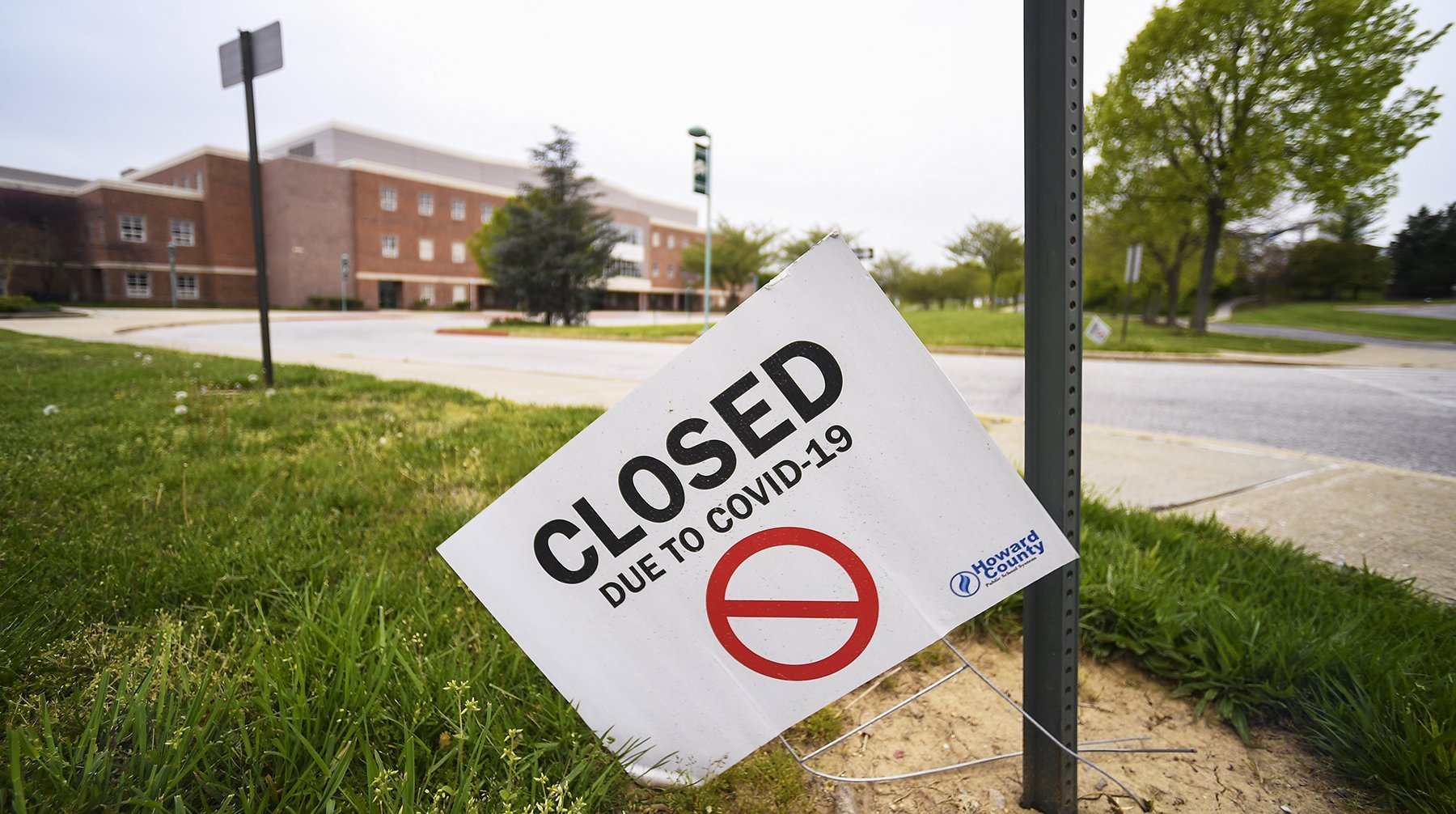Kerby Anderson
Bryan Walsh writes about the future for Axios. Before that, he was a correspondent with Time magazine. He isn’t necessarily looking at issues from a Christian perspective, even though his most recent book has the title, End Times. He recently wrote about the death spiral of public life.
While he acknowledges that technology has kept many people working, fed, and entertained at home, it has forced a retreat from public life that will have what he predicts will be “toxic ramifications.” As I have documented in previous commentaries, the slight benefit of the lockdowns is overshadowed by the tremendous cost in terms of social, economic, and educational devastation. As a Christian, I would also add that keeping believers from meeting together in church has also had negative consequences.
The impact on cities could be significant. One recent report that he cites found that three to four times more people could end up working remotely than before the pandemic. This would have “a profound impact on urban economies, transportation, and consumer spending.” Consider that nearly 14 percent of the office space in Midtown Manhattan is vacant.
Both public schools and public transportation seem headed for a “death spiral.” Frustrated parents withdraw their kids from school, thus affecting funding, which is based on a per-student basis. Public transportation has been crippled with declining ridership as more and more people decide to work remotely. And funding is declining because of plunging state and local government revenue.
As technology improves, so will the benefits of staying at home. You can work when you want, watch what you want, and eat what you want without leaving your home. All of this will certainly decrease our sense of community.
 Listen Online
Listen Online Watch Online
Watch Online Find a Station in Your Area
Find a Station in Your Area










 Listen Now
Listen Now Watch Online
Watch Online
